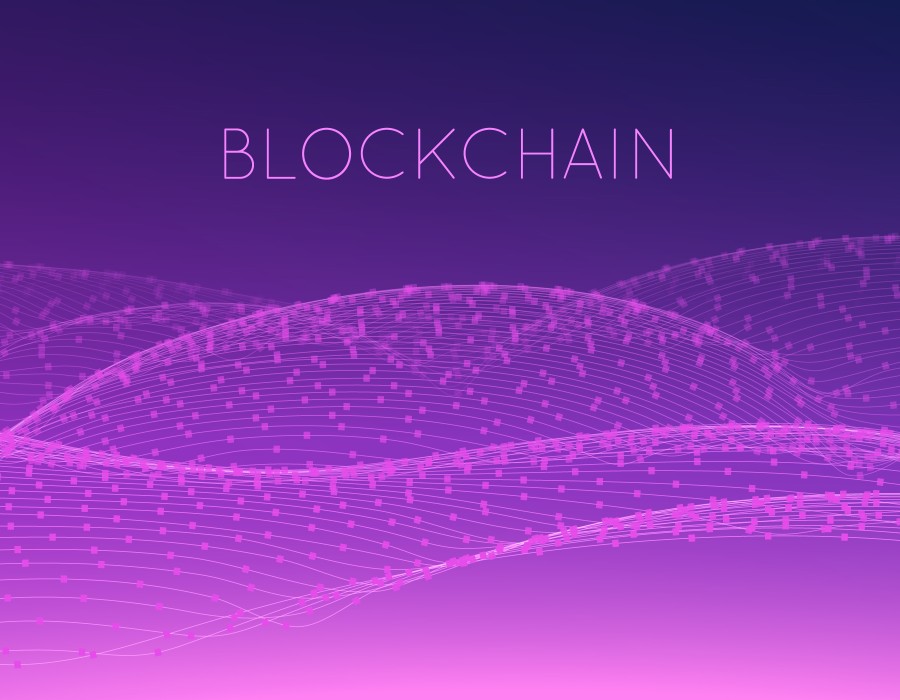Blockchain technology has transformed the way we think about trust, transparency, and decentralized systems. It offers the possibility of creating networks that no single party controls, where data integrity is guaranteed by code. Yet, despite its promise, blockchain still faces major challenges—scalability, privacy, and trust in computation. Without solutions to these issues, global adoption remains limited.
This is where Artificial Intelligence (AI) and Zero-Knowledge Proofs (ZKPs) step in. Together, they are reshaping the blockchain landscape, with innovations like zero knowledge rollups leading the way. By fusing cryptographic privacy with intelligent decision-making, AI and ZKPs are creating blockchains that are faster, more private, and more reliable than ever before.
The Roadblocks Holding Blockchain Back
To see why AI and ZKPs are so important, let’s revisit the key pain points facing blockchain:
- Scalability:
- Current blockchain systems process far fewer transactions per second than traditional payment networks. As adoption grows, congestion leads to high transaction fees and slower speeds, making it impractical for global-scale use.
- Privacy:
- While transparency is a core blockchain principle, it poses risks for industries that rely on confidentiality. Financial transactions, healthcare data, or personal identity information cannot be openly exposed on public ledgers without serious consequences.
- Trust in Computation:
- Smart contracts and AI-driven blockchain applications increasingly handle critical decisions. But how can participants trust that the computations are correct without re-executing them? This is a major barrier for scaling complex logic on-chain.
These problems are deeply interlinked. Solving them requires solutions that both improve efficiency and preserve trust—precisely where ZKPs and AI come in.
ZKP: Privacy Without Compromise
A ZKP (Zero-Knowledge Proof) is a cryptographic method that allows one party to prove that a statement is true without revealing the underlying information. For example, you could prove you are over 18 without showing your exact birthdate.
In blockchain, ZKPs serve two major purposes:
- Privacy: Sensitive data can remain hidden while still being verifiably correct. This makes blockchains usable in industries like finance, healthcare, or digital identity.
- Efficiency: Instead of verifying every individual transaction or computation, the network only needs to verify the proof. This drastically reduces workload and enables scalable performance.
The most exciting application of this principle is zero knowledge rollups.
Zero Knowledge Rollups: A Scalability Revolution
Zero knowledge rollups are one of the most promising solutions to blockchain’s scalability problem. They work by bundling thousands of transactions into a single batch off-chain. Instead of submitting all transactions to the blockchain, the system generates a ZKP that proves all bundled transactions are valid.
The blockchain only needs to verify the ZKP rather than the individual transactions. This allows networks to process massive amounts of activity with minimal on-chain load, significantly reducing fees and increasing throughput.
Key benefits include:
- Higher throughput: Rollups can scale blockchain to thousands of transactions per second.
- Lower costs: Users pay only a fraction of typical transaction fees.
- Security preserved: Since the ZKP guarantees validity, rollups don’t sacrifice security for speed.
This innovation makes blockchain practical for global-scale applications, from micropayments to supply chain logistics.
The Role of AI in Blockchain’s Evolution
While ZKPs handle privacy and scalability, AI adds intelligence to the system. AI can analyze data patterns, detect fraud, and optimize blockchain processes in real time. Combined with ZKPs, this synergy is powerful:
- In finance: AI models can detect suspicious activity, while ZKPs ensure private verification of transaction validity.
- In healthcare: AI can recommend treatments based on patient data, with ZKPs guaranteeing confidentiality and correctness without exposing sensitive records.
- In governance: AI can suggest fair voting mechanisms, while ZKPs ensure that ballots remain secret yet verifiable.
- In supply chains: AI can optimize logistics, while ZKPs prove the authenticity of product data without revealing trade secrets.
The interplay between AI and ZKPs ensures that blockchain isn’t just transparent—it becomes trustworthy and private by design.
Tackling Trust in Computations
Another underappreciated challenge is trust in computation itself. As AI models and smart contracts run increasingly complex logic, participants need assurance that the results are accurate. With ZKPs, computations can be proven correct without re-executing them.
This opens the door to verifiable AI on blockchain—where predictions, recommendations, or automated decisions made by AI can be cryptographically proven as correct. Imagine an AI credit scoring system where results are provably fair, or a machine learning algorithm on a blockchain marketplace whose outputs can be trusted without exposing training data.
Building the Privacy-Scalable Future
The convergence of AI, blockchain, and ZKPs signals the emergence of a new trust architecture:
- Scalability without compromise: With zero knowledge rollups, blockchain networks can support global-scale activity.
- Privacy without exposure: ZKPs ensure sensitive data remains hidden while outcomes remain verifiable.
- Accountable intelligence: AI can operate transparently, with ZKP guaranteeing correctness and fairness.
This “privacy triad” of scalability, confidentiality, and verifiable intelligence represents the foundation of next-generation blockchain ecosystems.
Conclusion
Blockchain’s biggest challenges—scalability, privacy, and computational trust—have long held it back from full adoption. But with the rise of ZKP innovations and AI integration, these obstacles are being overcome. Zero knowledge rollups make networks fast and affordable, ZKPs ensure privacy, and AI brings intelligence that adapts and optimizes systems in real time.
The result is a blockchain that is not only transparent, but verifiable, private, and scalable—a platform ready to power the global digital economy. Far from being hype, the fusion of AI and ZKPs represents a paradigm shift. It’s not just about improving blockchain—it’s about defining the future of trust itself.





Comments